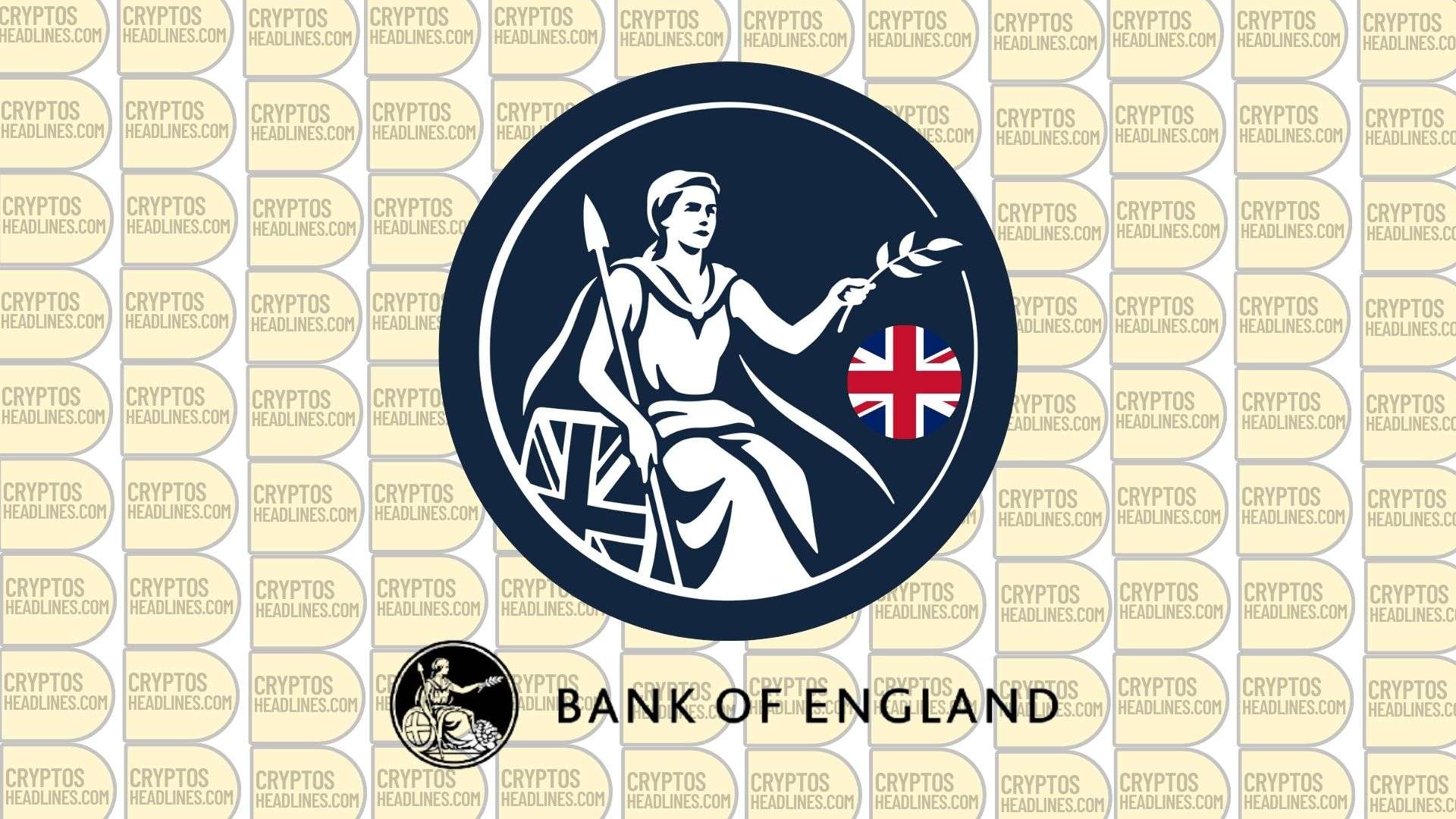Rosalind’s findings favor Bank of England’s imminent launch of its own CBDC, informally known as “Britcoin
After a yearlong project called Rosalind, led by the Bank of England (BOE) and the Bank for International Settlements (BIS), the BOE is nearing the launch of its own digital currency. The project’s conclusion indicates that the technology has the capacity to enable a variety of innovative monetary applications.
Rosalind Project Findings
The BIS-released report on the initial phase of the experiment highlights that a CBDC has the potential to streamline person-to-person payments, foster the development of innovative financial products, and decrease fraud. Additionally, it introduces the concept of “programmability” into the realm of money.
The BOE’s case for launching its own CBDC, nicknamed “Britcoin,” is bolstered by these initial findings. While the BOE acknowledges the probable future need for a CBDC, the decision-making process involves the closure of technology consultations by the end of June and requires the support of the UK Treasury.
Also Read: UK Lawmakers Push for Dedicated Government Oversight of Crypto Regulation
In response to concerns regarding the potential compromise of individuals’ privacy through CBDCs, Verdian dismissed this as a misconception and highlighted Project Rosalind’s findings, which showcased the ability to uphold privacy.
CBDC and Its Concerns
Francesca Hopwood Road, the head of the BIS Innovation Hub London Centre, expressed strong belief in Rosalind’s potential to greatly influence the design of retail CBDC systems on a global scale. However, the Bank of England has faced criticism for pursuing a Digital Pound without adequately articulating its benefits. Former BOE Governor Lord Mervyn King went so far as to describe it as a “solution without a problem.”
Prior to Project Rosalind, Verdian pointed out that discussions surrounding digital currencies were largely theoretical and focused on policy matters. While several countries have already introduced CBDCs, their success has been limited. For instance, the Bahamas Sand Dollar faced frequent disruptions due to inadequate technological resilience, and Nigeria’s CBDC failed to gain traction due to a perceived lack of benefits.
Also Red: Gemini Founders Consider UK for Potential Global Headquarters
Important: This article is intended solely for informational purposes. It should not be considered or relied upon as legal, tax, investment, financial, or any other form of advice.
Follow Cryptos Headlines on Google News
Join Cryptos Headlines Community











